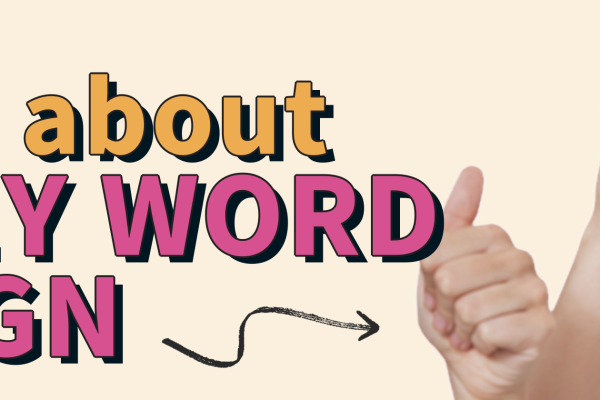
Supporting your child with decision-making
By ACD
Some children with disability will grow into fully independent decision-makers, while others will need ongoing support to have their say about decisions that affect them.
WHY SHOULD I INCLUDE MY CHILD IN DECISION-MAKING?
Including your child in decision-making around planning, setting goals and choosing supports helps them learn how to take the lead as they get older and become more independent. This will also help others to respect and encourage your child’s active role in key decisions that affect their life.
HOW CAN I SUPPORT MY CHILD TO MAKE THEIR OWN DECISIONS?
You can encourage a partnership approach to decision-making with your child as they build their capacity to make decisions. Rather than making all the decisions, as parents do for younger children, your role becomes one of guiding and supporting their decision-making as they enter adulthood.
Some examples could include:
- Having your child present and involved in conversations and meetings that concern them.
- Using your child’s preferred communication methods to gauge their interest in suggestions.
- Finding different ways to gain an insight into their preferences. For example, using pictures, drawings and observing their body language.
- Communicating directly with your child and encouraging others to do the same. Finding ways to determine if your child likes suggestions about what is being discussed.
WHAT IS “DIGNITY OF RISK”?
People learn how to make good decisions by being given the chance to also make bad ones. This is known as “dignity of risk”.
Decision-making skills are something that we learn gradually over time and with practice. You can support your child to understand the positive and negative consequences of different decisions and how to identify and manage risk.
HOW WILL MY CHILD BENEFIT?
One of the biggest challenges for parents is adapting as their child becomes a young adult. By teaching them the skills that build independence, you can increase their self-esteem and confidence in their own abilities.
You can start building strong foundations for your teen by helping them explore what their life might look life after school by:
- Future planning
- School and post-school options. Importance of work experience while at school.
- How you can support your child with volunteering, work or micro-enterprises.
- Getting the right NDIS support for your teen.
- Wellbeing – friendships, behaviour support, communication and mental health.
A further resource you may like to explore is the free online program “Map Your Future”, which allows young people to work at their own pace, exploring topics such as self care, setting goals and getting the right support to achieve your goals.
yacvic.org.au/ydas/resources-and-training/map-your-future
ACD runs more than 100 online and face-to-face workshops across Victoria each year. All facilitators are parents of children with disability and their workshops enable families to connect, learn new skills and get up-to-date information. They regularly run a Teens and beyond workshop. For more information, head to acd.org.au/workshops-and-peer-support







